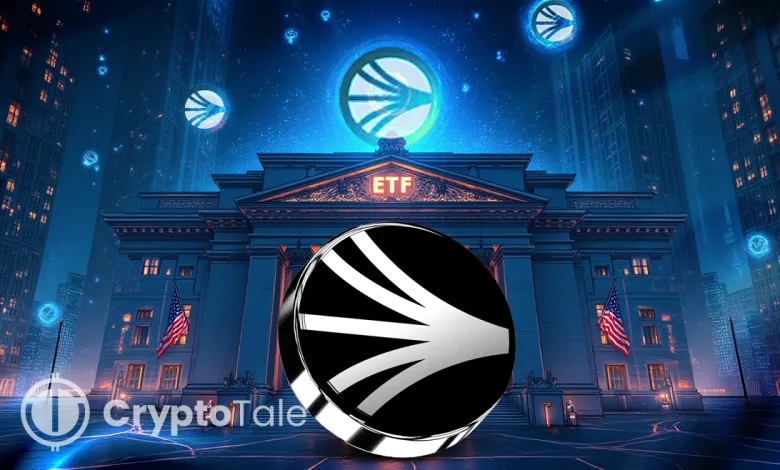Sonic Labs DAO Approves the U.S. ETF and Nasdaq PIPE Plan

- Sonic Labs DAO approved $150M in tokens to fund the ETF PIPE and Sonic USA launch.
- BitGo will provide custody for the ETF while Sonic USA prepares for U.S. operations.
- The governance move aims to close the token supply gap and strengthen market access.
Sonic Labs’ community has approved its first governance proposal, marking a turning point for decentralized finance. The “U.S. Market Expansion and TradFi Adoption” plan received support through a governance vote on the Snapshot platform, authorizing the formation of Sonic USA LLC. This Delaware-registered company has a dedicated U.S. office, a CEO, and a full executive team. Further steps to open an office in New York City are underway, and this would introduce performance-based incentives for employees.
At the same time, governance authorized adjustments to network parameters, which include issuing new tokens to finance expansion. The community approved token allocations of $50 million for an ETF, $100 million for a Nasdaq PIPE, and 150 million tokens for Sonic USA operations.
This progression transitions it from a DeFi to TradFi, connecting on-chain governance to U.S.-regulated financial markets. The approval signifies strategic growth, enabling Sonic to compete in institutional finance.
Strategic Token Issuance and Institutional Access
As detailed in the governance snapshot, Sonic will allocate $50 million to an ETP/ETF fund, providing investors with an additional investment option via their brokerage accounts. The ETF will be custodied by BitGo, ensuring a high level of institutional asset security under a regulated environment.
Further, another $100 million of tokens is earmarked for a NASDAQ PIPE (Private Investment in Public Equity) deal, accompanied by a multi-year lockup to encourage institutional alignment and increase project stability in the long run.
Meanwhile, 150 million S tokens are earmarked to fund Sonic USA, making it possible to promptly initiate US operations and cover expansion costs, such as hiring, incentives, and regulatory compliance. The Sonic team mentioned that having control over more tokens will empower them to capitalize on opportunities that were previously unavailable due to supply constraints. Past chances with GameStop, Robinhood, Polymarket, and other Web2 and TradFi deals were restricted by token scarcity.
Related: Sonic Price Prediction 2025-35: Will It Hit $20 by 2030?
Closing the Supply Gap
Many top blockchain projects control between 50% and 90% of their token supply. Sonic, however, has only held about 3% since its community takeover of Fantom. This governance decision aims to close that gap transparently.
The sanctioned issuance improves liquidity and market agility, allowing Sonic to handle new listings and institutional deals, enhancing the project’s visibility on ranking sites like CoinMarketCap and CoinGecko, thus granting premium featured project exposure. The proposal also strengthens tokenomics by incorporating new gas fee mechanisms.
Sonic takes this strategy to proceed at a rapid pace in TradFi opportunities and demonstrate the technical progress made in mainnet development. The ordered growth strategy will see on-chain governance moving directly to regulated financial products.
By authorizing Sonic USA and institutional partnerships, the DAO has taken a step that redefines how decentralized communities interact with regulated markets. The initiative asks one pivotal question: Can decentralized governance successfully create compliant instruments for U.S. exchanges? This governance decision positions Sonic not just as a DeFi protocol, but as a living experiment in the integration of decentralized autonomy with traditional finance.




